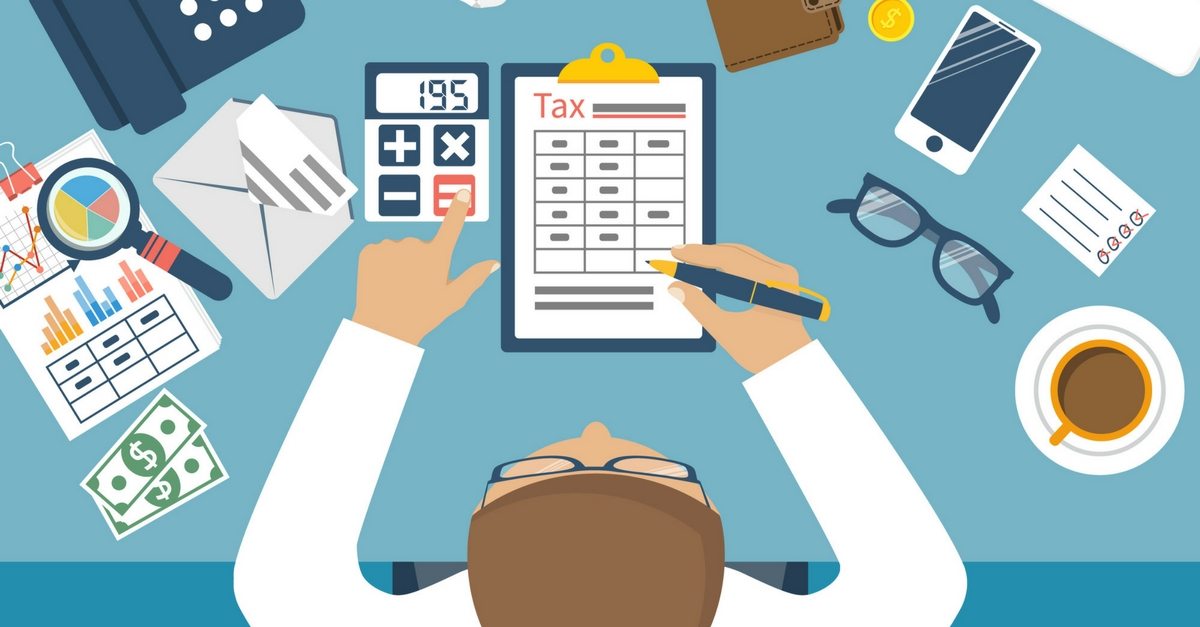
One common scenario that we see at Hoyes, Michalos & Associates, is when an individual has not filed his or her income tax returns for the past few years and they are actually afraid of doing so because they expect they have a large tax debt and don’t have the money to pay any outstanding tax balance that may arise.
There are a lot of reasons they think they will owe money to the Canada Revenue Agency. They may have:
- earned self-employed income without having withholding taxes taken off or making sufficient tax installments along the way
- cashed in some RRSPs, triggering additional income that pushed them into a higher tax bracket resulting in unpaid taxes
- been working at multiple jobs, each taking out withholding taxes assuming a low income, but combined they are now in a higher tax bracket
- been receiving pension or investment income, on top of employment income, on which they have not made sufficient installments.
It doesn’t matter the reason, avoiding filing your tax returns because you are afraid you owe money to the CRA is not dealing with the problem.
What happens when you owe money to CRA and file your tax return late?
If there is a tax balance owing on an outstanding income tax return and you file that return after the due date, Canada Revenue Agency will automatically charge a 5% late filing penalty plus a further 1% of your balance owing for every full month your return is late, to a maximum of 12 months. CRA will also accrue interest on the unpaid balance.
What happens if you don’t file your income tax return and CRA thinks you owe money?
If you don’t file your own tax return, CRA can issue a tax assessment on their own, estimating how much taxes they think you owe. CRA can issue an arbitrary tax assessment for income tax, payroll source deductions and GST or HST. Avoiding filing your returns is not a good idea. CRA may or may not accurately assess how much you owe. They may err on the high side and, in the case of income taxes, may exclude certain allowable deductions.
File all outstanding tax returns and talk with a Trustee if you have tax debts you can’t pay.
We always recommend that you have your outstanding tax returns prepared and filed so that the debt is known and a plan to deal with debt can be arranged. If the tax debt and your other personal debts become unmanageable, there may be a formal option available for you to get a fresh financial start.
One of those options is to file a consumer proposal for tax debts, and avoid filing bankruptcy. However, if you have not filed your returns at all, Canada Revenue Agency will not be willing to negotiate a settlement until you have. In fact, one of their requirements before accepting any proposal is that all past tax returns have been filed, and that you commit to keeping all future tax returns current.
You do have options so there is no need to fear filing the returns, confirming how much you owe then making a plan to deal with your debts. And if you can’t pay, contact us for a free consultation.






